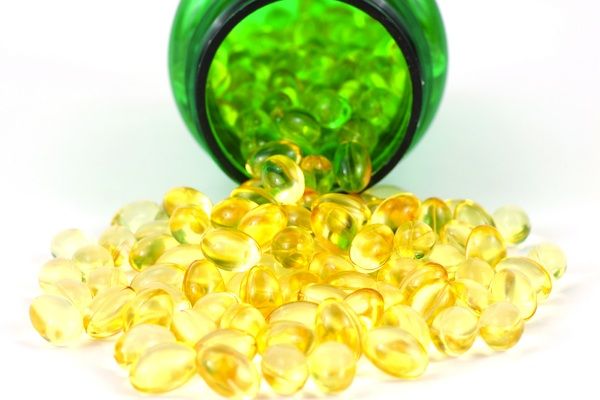Vitamin D Doesn't Fight Off Colds

Although vitamin D boosts the immune system, taking large doses of the nutrient does not appear to ward off colds, a new study from New Zealand says.
In the study, participants who took high doses of vitamin D supplements every month for more than a year were just as likely to catch colds as those who took a placebo.
Taking vitamin D supplements also did not reduce the length of time participants were sick, the severity of their illness or the number of workdays they missed.
The findings suggest vitamin D should join the list of therapies that researchers have deemed "ineffective for preventing or treating upper respiratory tract infections in healthy adults," Dr. Jeffrey Linder, of Brigham and Women’s Hospital in Boston, wrote in an editorial accompanying the study.
However, the study researchers noted that even the participants in their study who took a placebo had sufficient levels of the nutrient. People with a vitamin D deficiency may see more of a benefit from taking the vitamin, in terms of a reduced risk of colds, they said.
"Further research is required to clarify whether there is benefit from supplementation in other populations and with other dosing regimens," the researchers said.
The study and accompanying editorial will be published Wednesday (Oct. 3) in the Journal of the American Medical Association.
Sign up for the Live Science daily newsletter now
Get the world’s most fascinating discoveries delivered straight to your inbox.
Earlier studies suggested a link between low vitamin D levels and an increased risk of respiratory tract infections such as tuberculosis; however, whether the vitamin reduced the risk of colds was not clear.
In the new study, 322 healthy adults were randomly assigned to receive either a high dose of vitamin D monthly for 18 months, or a placebo. The vitamin D dose was 100,000 international units (IU) per month, which equates to 5 times the daily recommended allowance of 600 IUs a day for an adult.Participants were evaluated each month, and contacted the study researchers if they had cold symptoms. Samples from their noses were also tested for respiratory viruses.
Those who took vitamin D had increased blood levels of the vitamin that stayed constant throughout the study.
However, taking vitamins did not reduce the incidence or severity of colds in a meaningful way.
There were 593 upper respiratory tract infections in the vitamin D group and 611 in the placebo group. People in the vitamin D group had an average of 3.7 upper respiratory tract infections per person over the study period, compared with 3.8 per person in the placebo group.
It's not clear whether providing smaller, steady doses of vitamin D would have a different effect, the researchers said.
The study was conducted by researchers at the University of Otago in Christchurch, and was funded by the Health Research Council of New Zealand.
Pass it on: Vitamin D supplements do not appear to reduce the risk of colds.
Follow MyHealthNewsDaily @MyHealth_MHND. We're also on Facebook & Google+.













